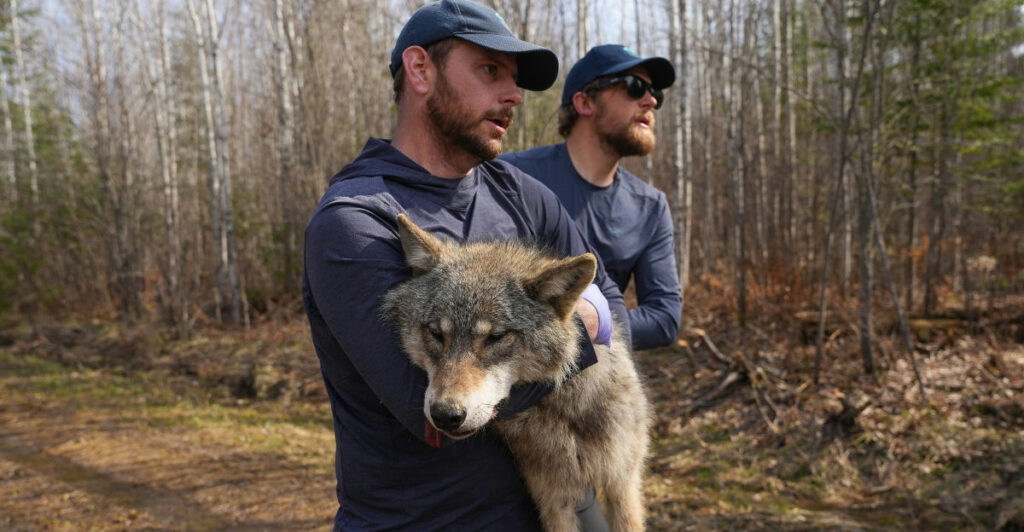
Wolves evoke a broad spectrum of emotions—ranging from awe and respect to fear and controversy. In the U.S., managing wolf populations has been contentious, especially in regions like Wisconsin and Minnesota. The Voyageurs Wolf Project (VWP), led by Thomas Gable, stands out as a leading authority in contemporary wolf research. Its groundbreaking work in Minnesota sheds light on wolf behavior, ecology, and management, providing valuable data that counters misinformation.
1. Historical Context of Wolf Populations
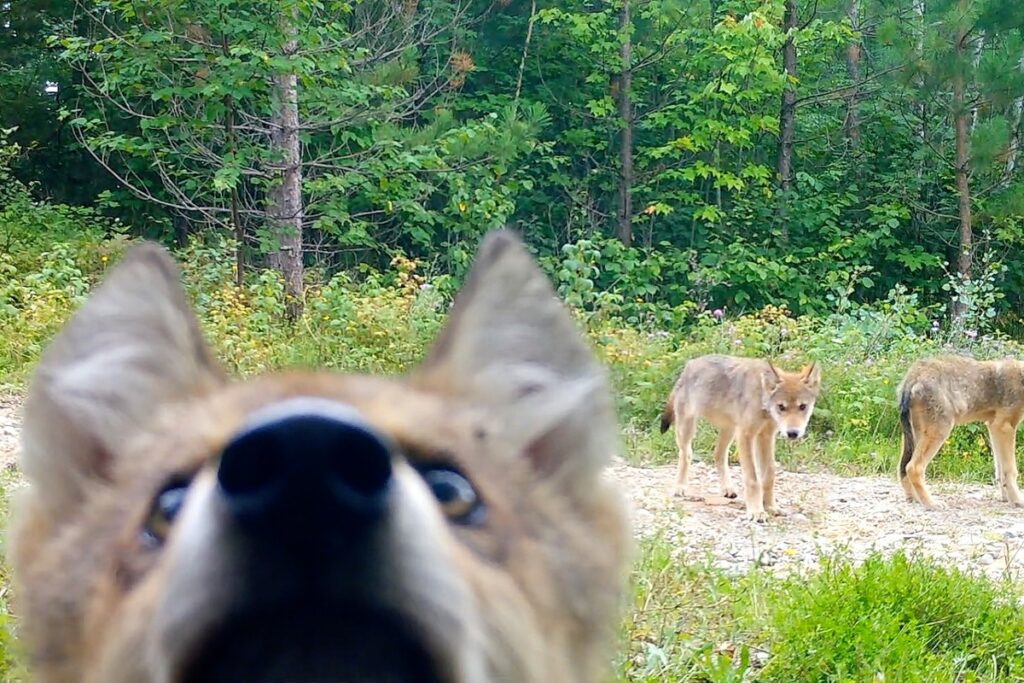
Historically, wolves faced near-extinction in the Lower 48 states due to bounties and unrestricted killing. By the 1960s, they survived only in northern Minnesota. Legal protections, including the 1973 Endangered Species Act (ESA), facilitated their recovery. Today, Wisconsin hosts about 1,000 wolves, and social acceptance is growing, albeit with ongoing legal battles.
2. The Voyageurs Wolf Project’s Mission
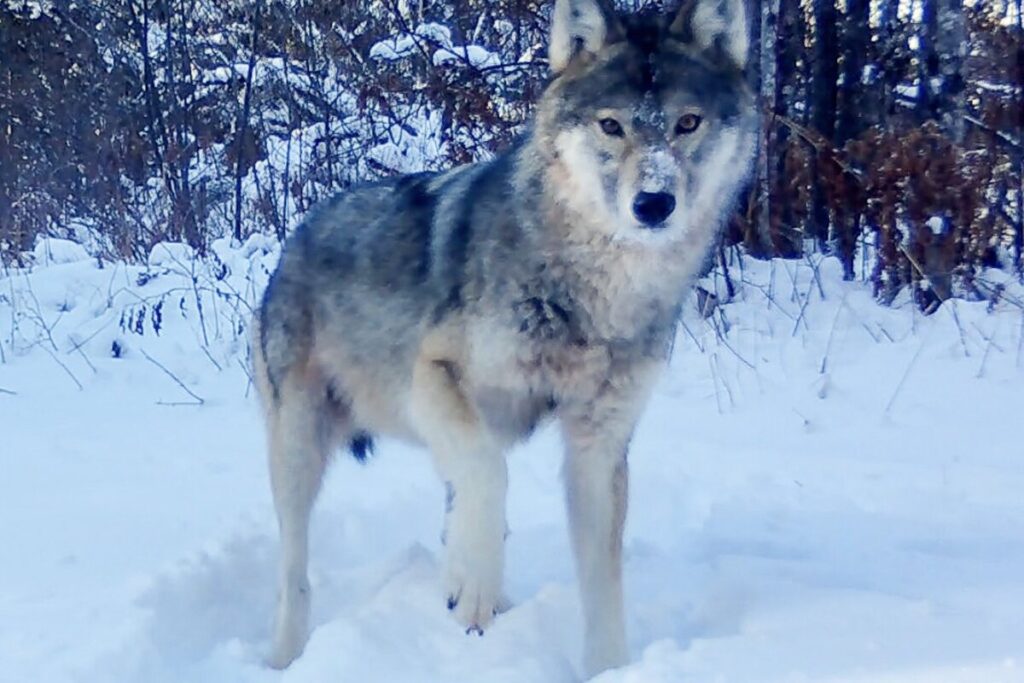
Founded in 2015, the VWP conducts in-depth research on wolf behavior within a 902-square-mile study area in northern Minnesota. Utilizing GPS collars and trail cameras, the project collects critical data on wolf movements, diets, and pack dynamics. Its mission extends beyond research, incorporating public education to dispel myths and promote understanding.
3. Understanding Wolf Pack Dynamics
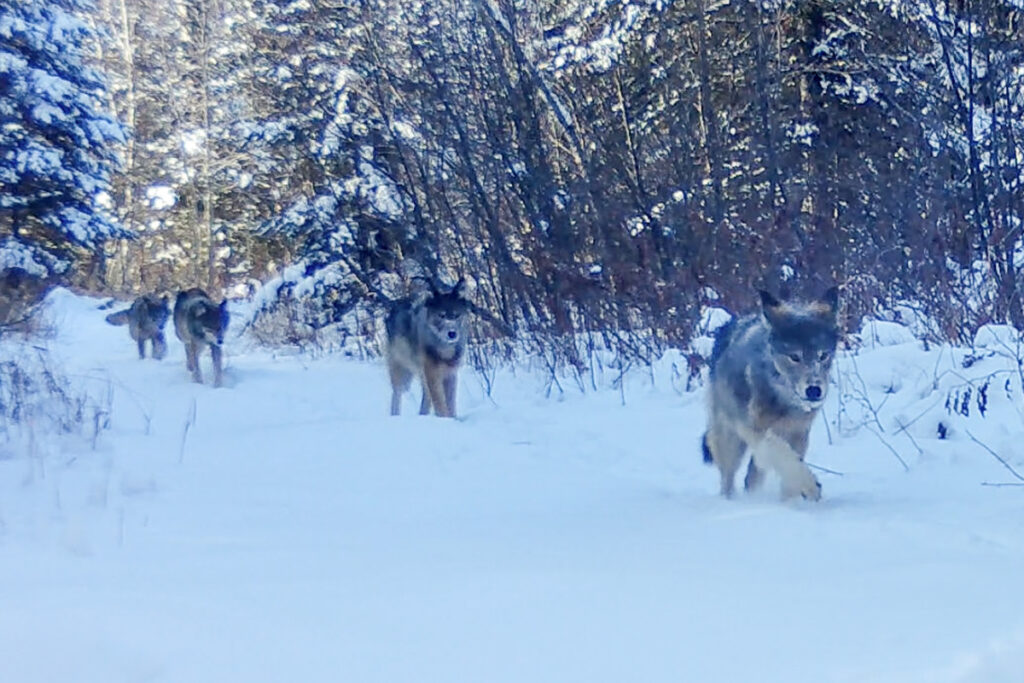
A common misconception is that wolves live in large packs. VWP data reveals average pack sizes between 3 and 5 wolves. In 2023, the average was 4.2, aligning with findings from the Wisconsin DNR. This data challenges the notion that wolves are overly numerous and supports informed management strategies.
4. Wolf Population Growth and Stability
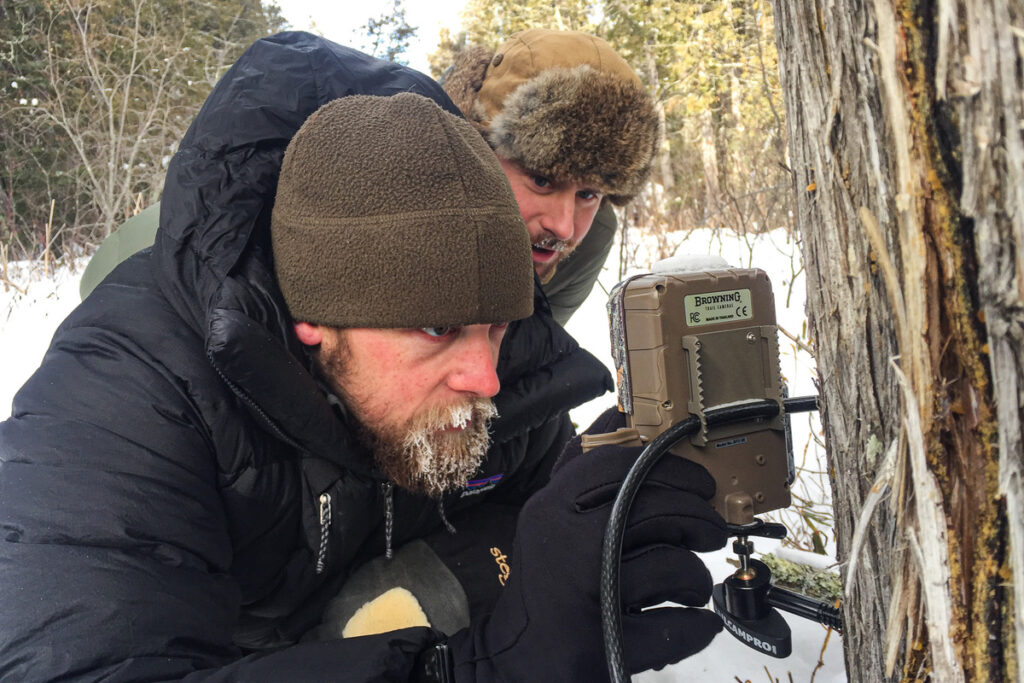
Contrary to fears of exponential growth, wolves occupy specific home ranges, which limits their population size. VWP research shows that pack territories rarely overlap, reducing conflict and maintaining stability. Gable emphasizes that food availability is the key factor regulating wolf numbers, not unchecked reproduction.
5. Impact of Seasonal Changes on Wolves

Wolves face challenges during mild winters, as seen in 2023-24. Reduced snow benefits deer, making them harder for wolves to hunt. VWP findings indicated that many wolves were unusually lean this spring, suggesting seasonal variability significantly impacts their condition and survival rates.
6. Resiliency of Wolf Populations
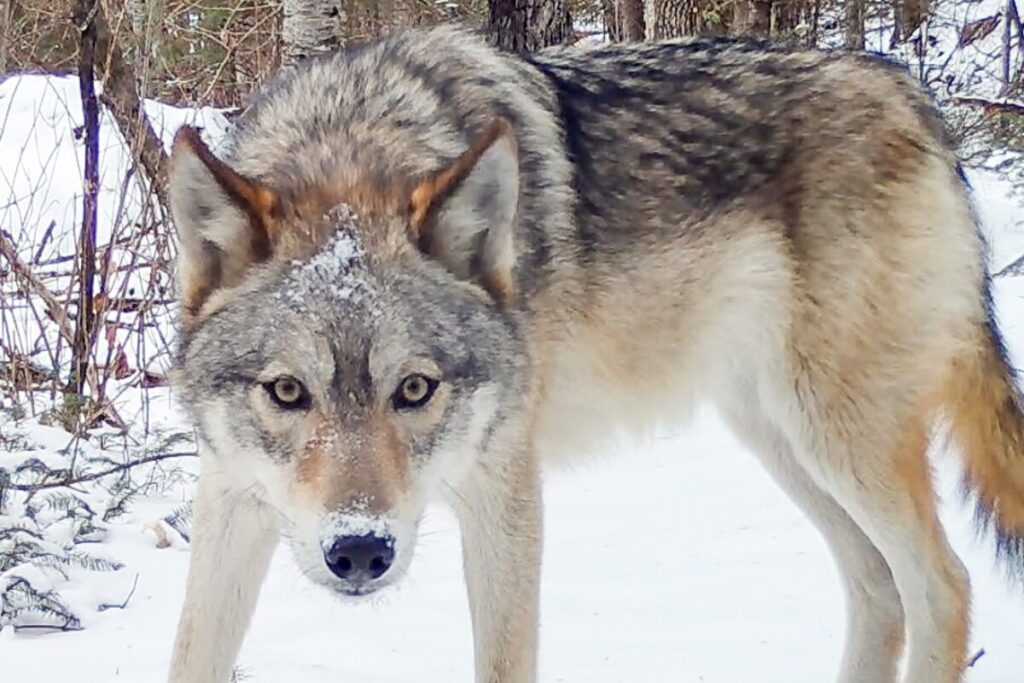
Wolves are remarkably resilient despite facing high mortality rates. VWP research indicates that wolf populations can sustain up to 25% human-caused mortality without long-term decline. This resilience underscores their adaptability and the importance of balanced management practices focusing on ecosystem health.
7. Human Influence on Wolf Diets
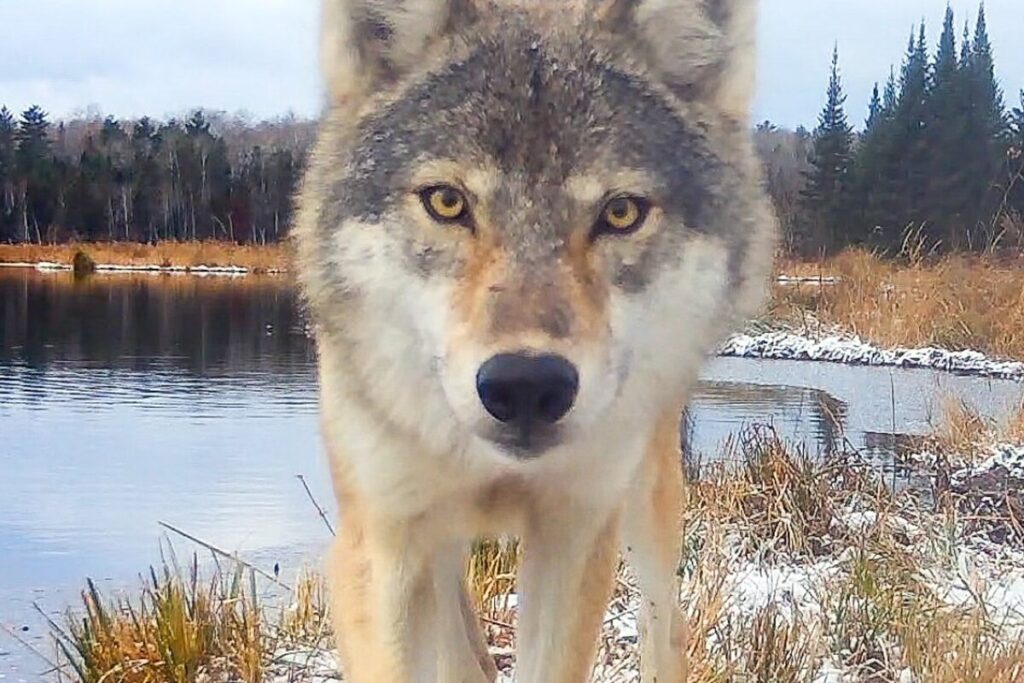
Wolves are opportunistic feeders and often exploit human-placed food sources, such as bear bait. While not a primary food source, these unconventional meals highlight the resourcefulness of wolves, especially during late summer when natural prey is scarce. This behavior illustrates the complex interaction between wolves and human activities.
8. Debunking Myths About Wolves and Deer Populations

A significant debate involves the impact of wolves on deer hunting. VWP’s analysis shows that hunter success correlates more with deer population size than wolf presence. Killing wolves didn’t increase hunter success during Minnesota’s wolf hunting seasons (2012-14). Instead, severe winters play a more crucial role in deer population dynamics.
9. The Lone Wolf Phenomenon
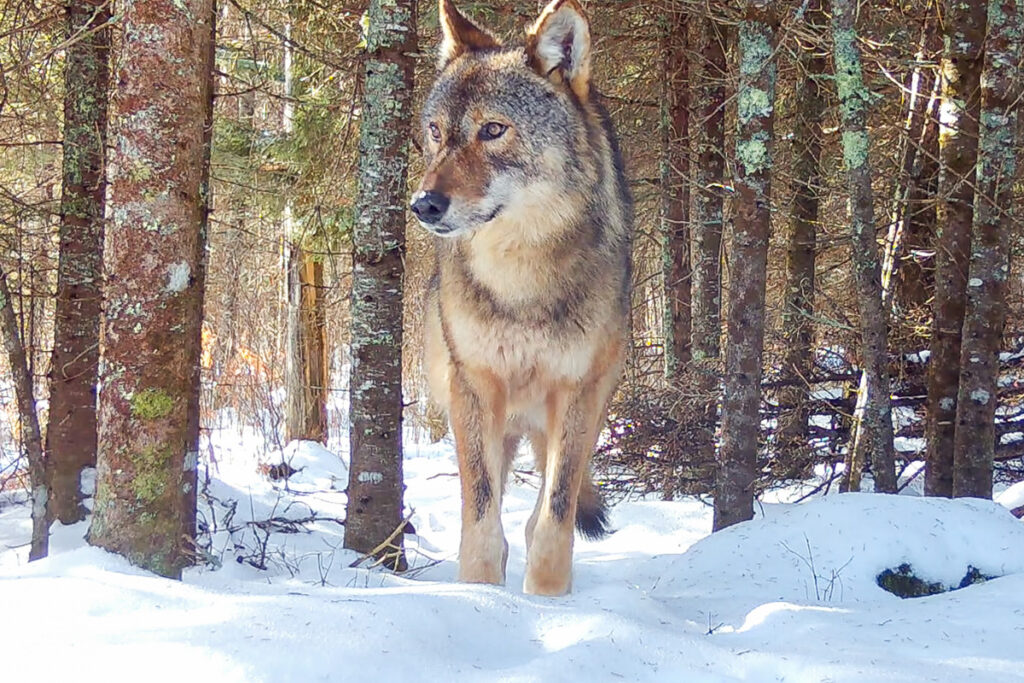
About 15-20% of wolves live independently as “lone wolves,” often young dispersers or displaced individuals. Recent VWP studies show that lone wolves comprise nearly 20% of the population, reflecting their diverse social structures and survival strategies outside traditional packs.
10. Promoting Science-Based Wolf Management
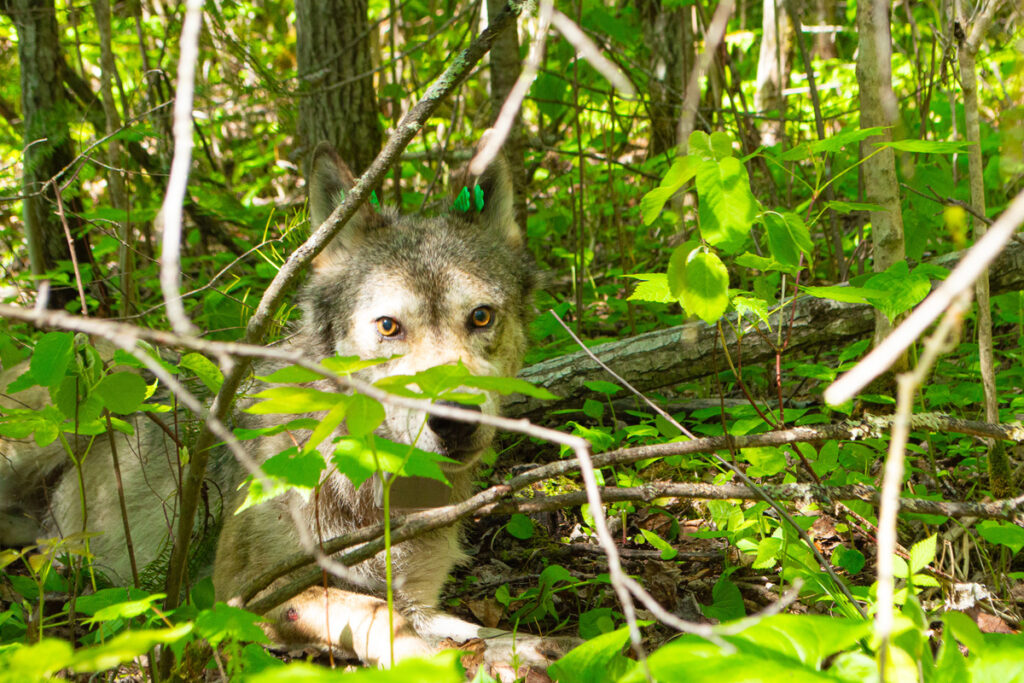
The Voyageurs Wolf Project contributes significantly to informed wolf management by addressing public misconceptions with evidence-based research. Through outreach and education, VWP encourages policies that balance ecological integrity with human interests, fostering coexistence between wolves and communities.
Stay connected with us for more stories like this! Follow us to get the latest updates or hit the Follow button at the top of this article, and let us know what you think by leaving your feedback below. We’d love to hear from you!







